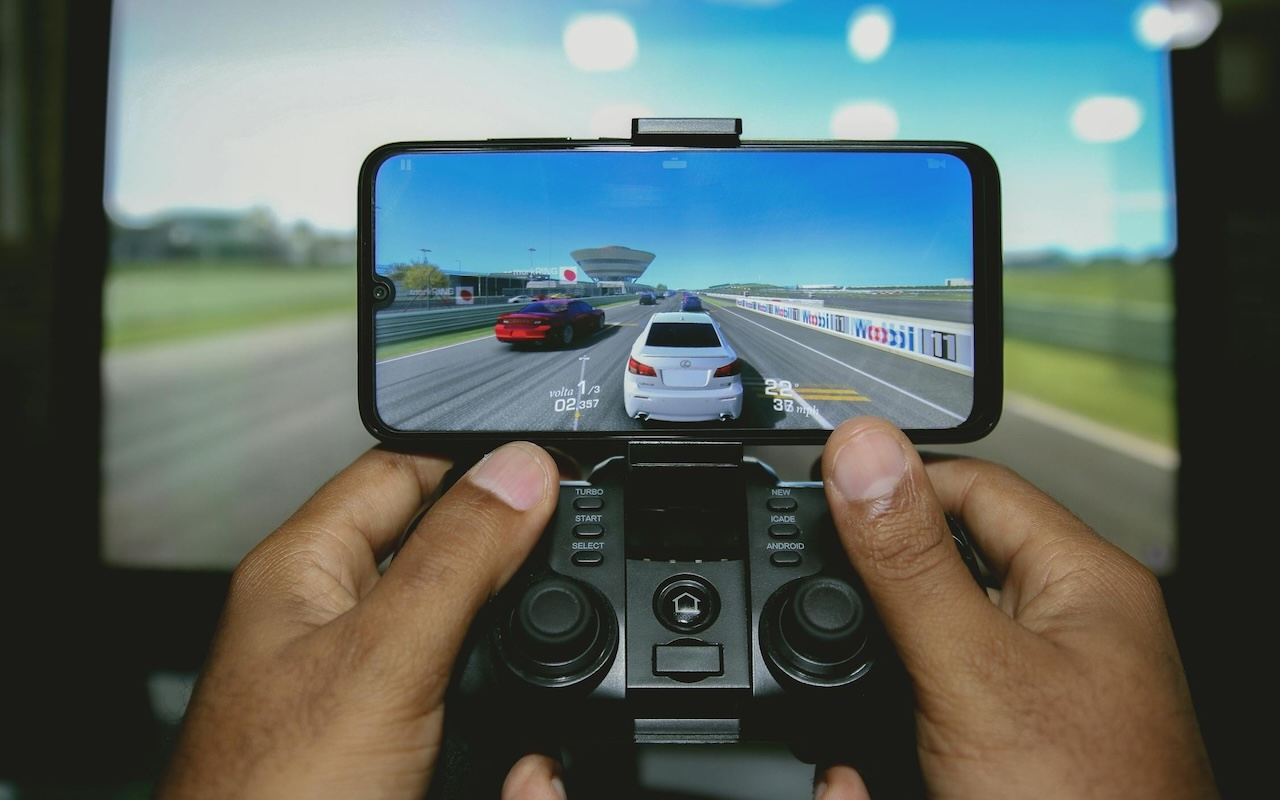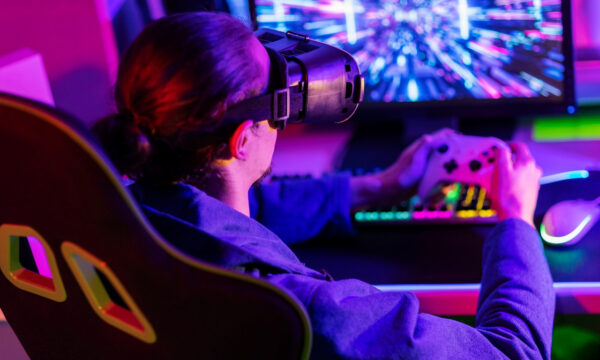The evolving relationship between entertainment and online gaming

In today’s digital-first world, entertainment and online gaming continue to influence one another in exciting ways. One of the most dynamic areas where this connection thrives is in the development of interactive digital games including online slots. What were once straightforward, solitary experiences have become immersive, multi-sensory environments – often shaped by broader trends in film, television, music and other media.
While various forms of online gaming have evolved alongside advancements in technology and shifts in audience expectations, certain genres have stood out for their adaptability. Many titles now reflect themes, aesthetics and storytelling techniques seen across the entertainment industry, offering experiences that go far beyond simple gameplay.
Online gaming benefits from a high degree of creative flexibility. Unlike more rigid or traditional formats, modern game design provides room for innovation across visuals, sound design and narrative elements. Developers frequently draw on cinematic techniques, character development and world-building to create emotionally engaging experiences that rival those found in other digital media.
Accessibility has also played a key role in the growth of online gaming. With intuitive design and formats that appeal to a wide range of users, these games have become a popular choice for casual and experienced players alike. Whether set in historical periods, futuristic worlds or completely original settings, today’s titles span an extensive range of themes and genres – ensuring broad appeal across different interests and demographics.
Entertainment trends significantly influence which types of games are created. When particular story genres or visual styles – such as fantasy, mythology or science fiction – gain popularity, developers often respond by creating games that reflect these themes. This ongoing exchange contributes to a feedback loop in which popular culture shapes gaming content, and in turn, gaming reinforces and extends the reach of that culture.
At the same time, modern online games featuring high-definition graphics, interactive features and evolving gameplay mechanics are increasingly viewed as a form of entertainment in their own right. These games compete for attention alongside streaming services, social media and other digital platforms. Some even include community features, such as multiplayer modes or leaderboards, fostering connection and engagement among users.
The relationship between entertainment and online gaming is mutually reinforcing. Trends in entertainment inform game development, while games themselves offer platforms for storytelling, visual expression and audience interaction. This synergy elevates the medium beyond gameplay, positioning it as a key component of today’s digital entertainment landscape.
As technology continues to progress and demand grows for more immersive experiences, online gaming is set to remain at the forefront of digital innovation. By combining creativity, accessibility and cultural relevance, it represents a vibrant and evolving space within the wider world of entertainment.
The editorial unit

























Facebook
Twitter
Instagram
YouTube
RSS